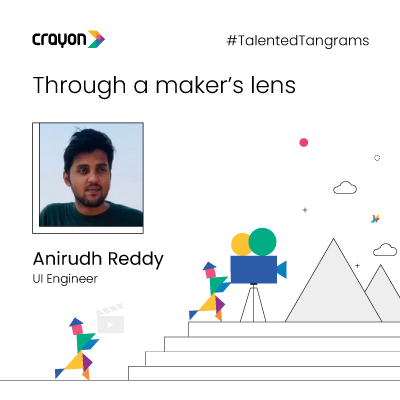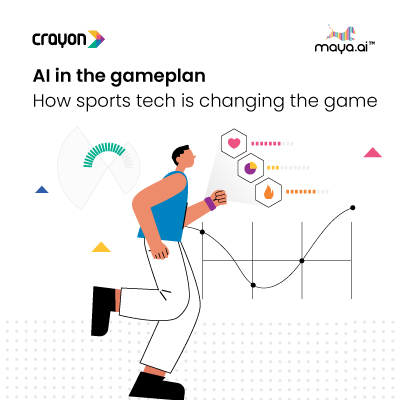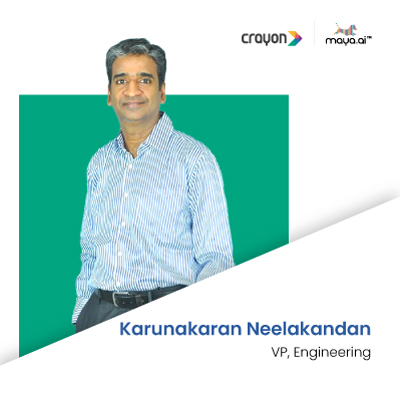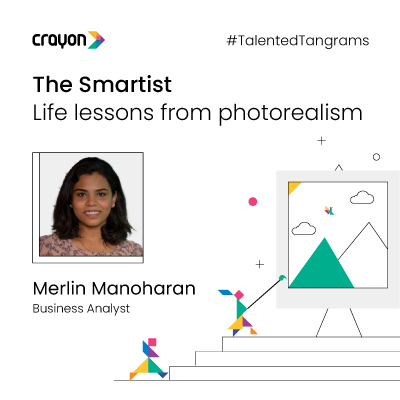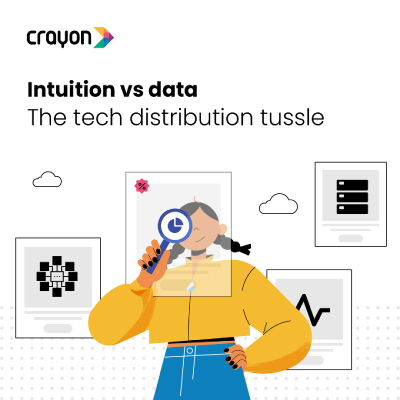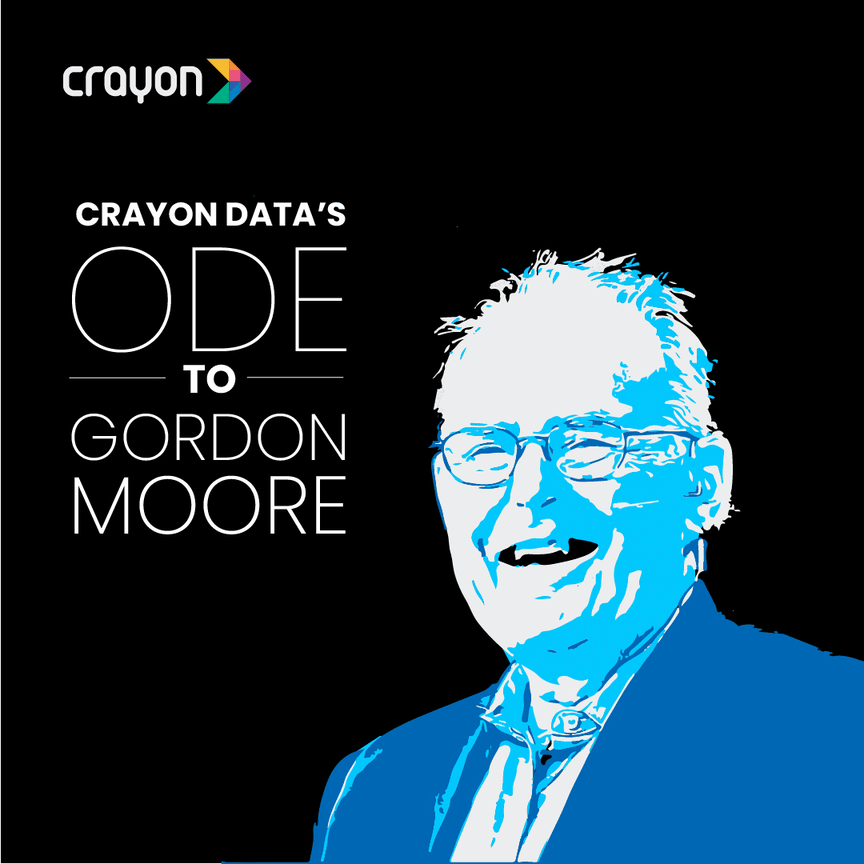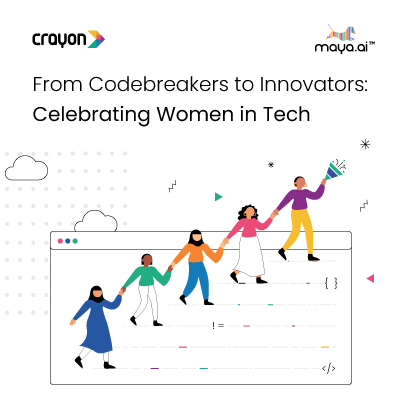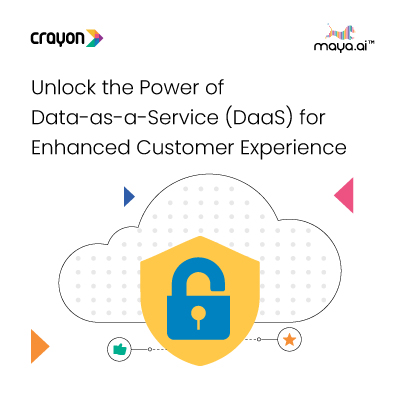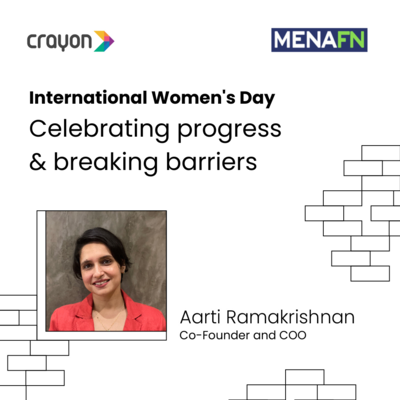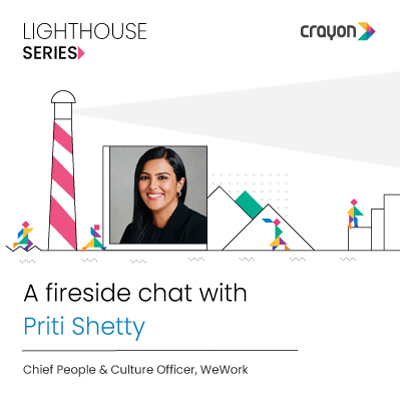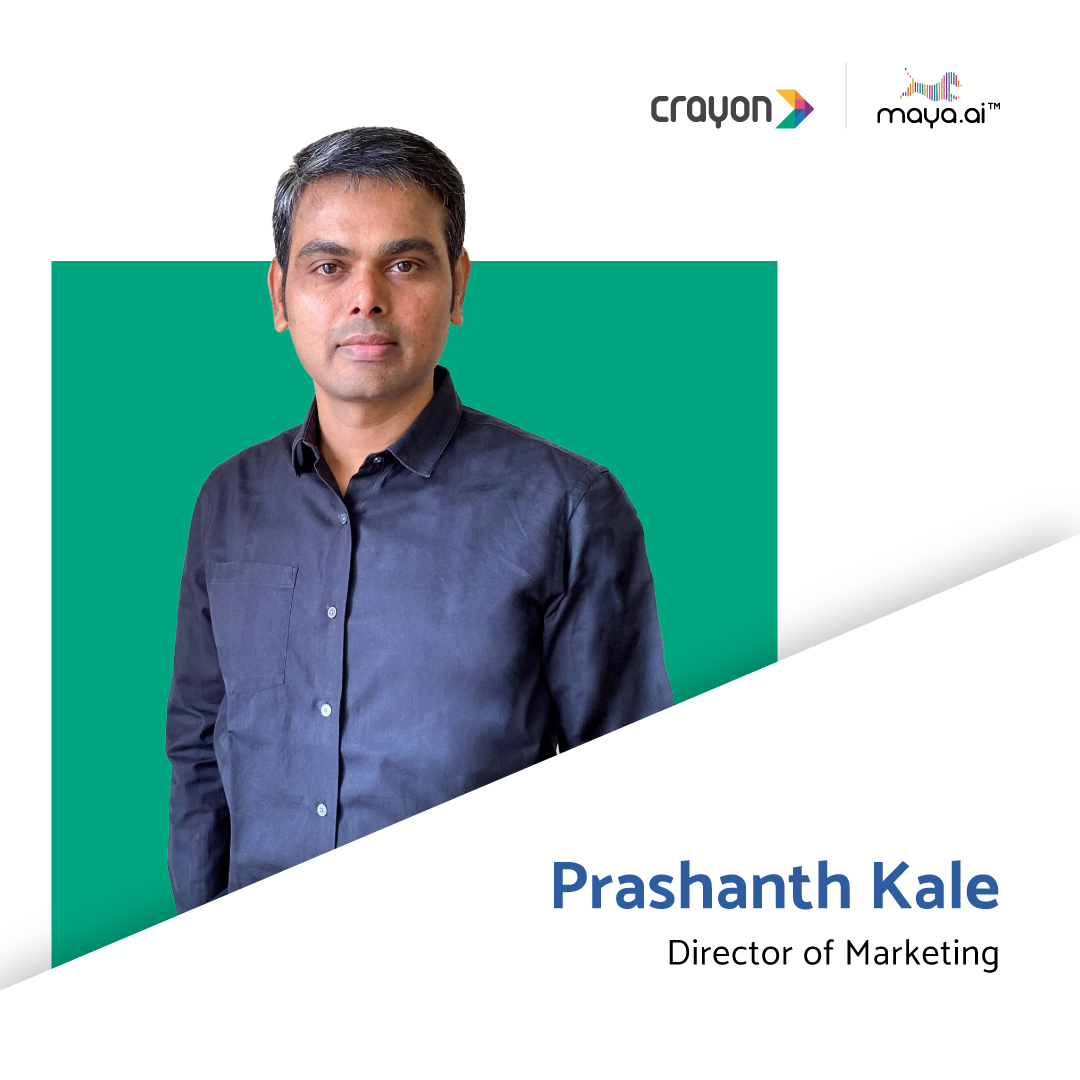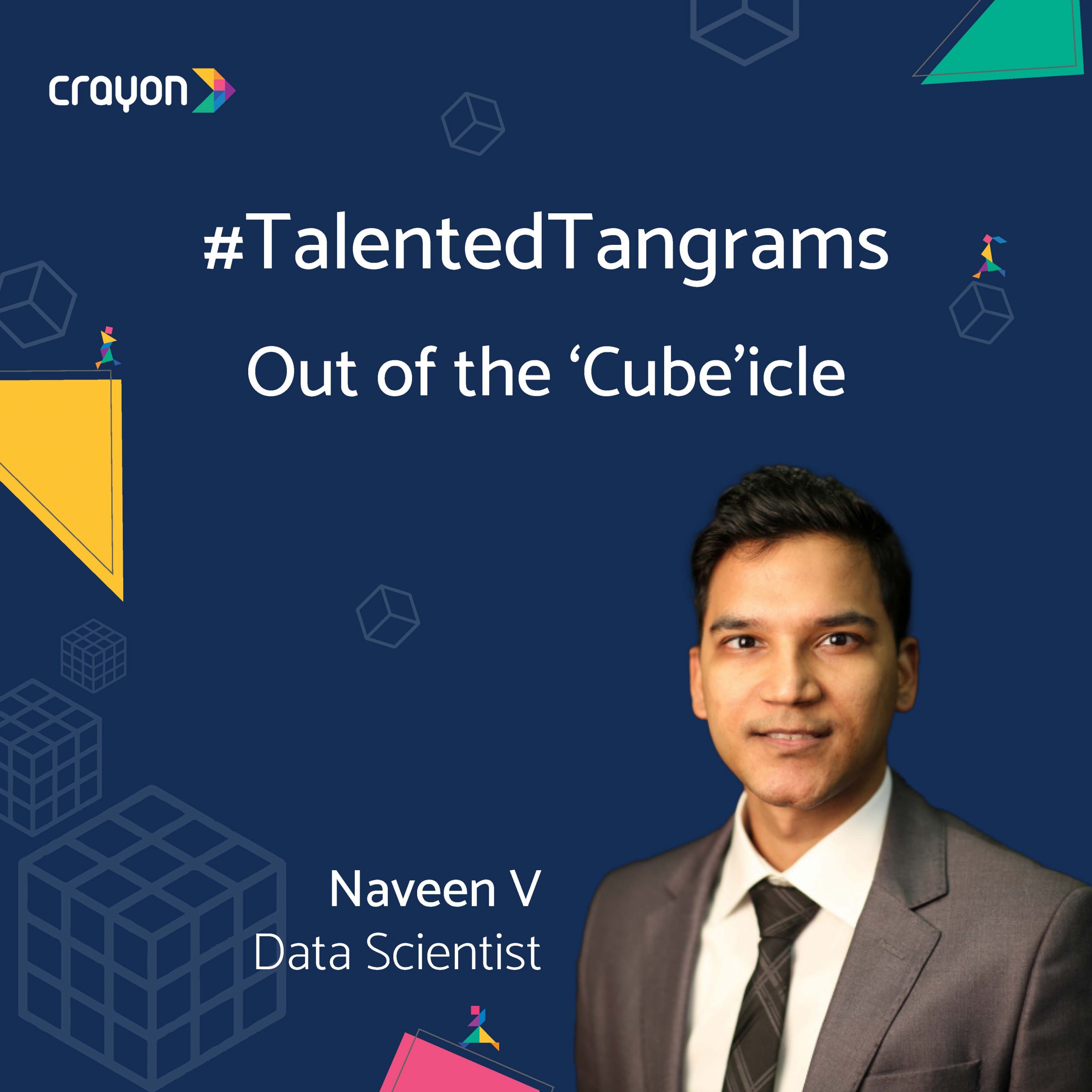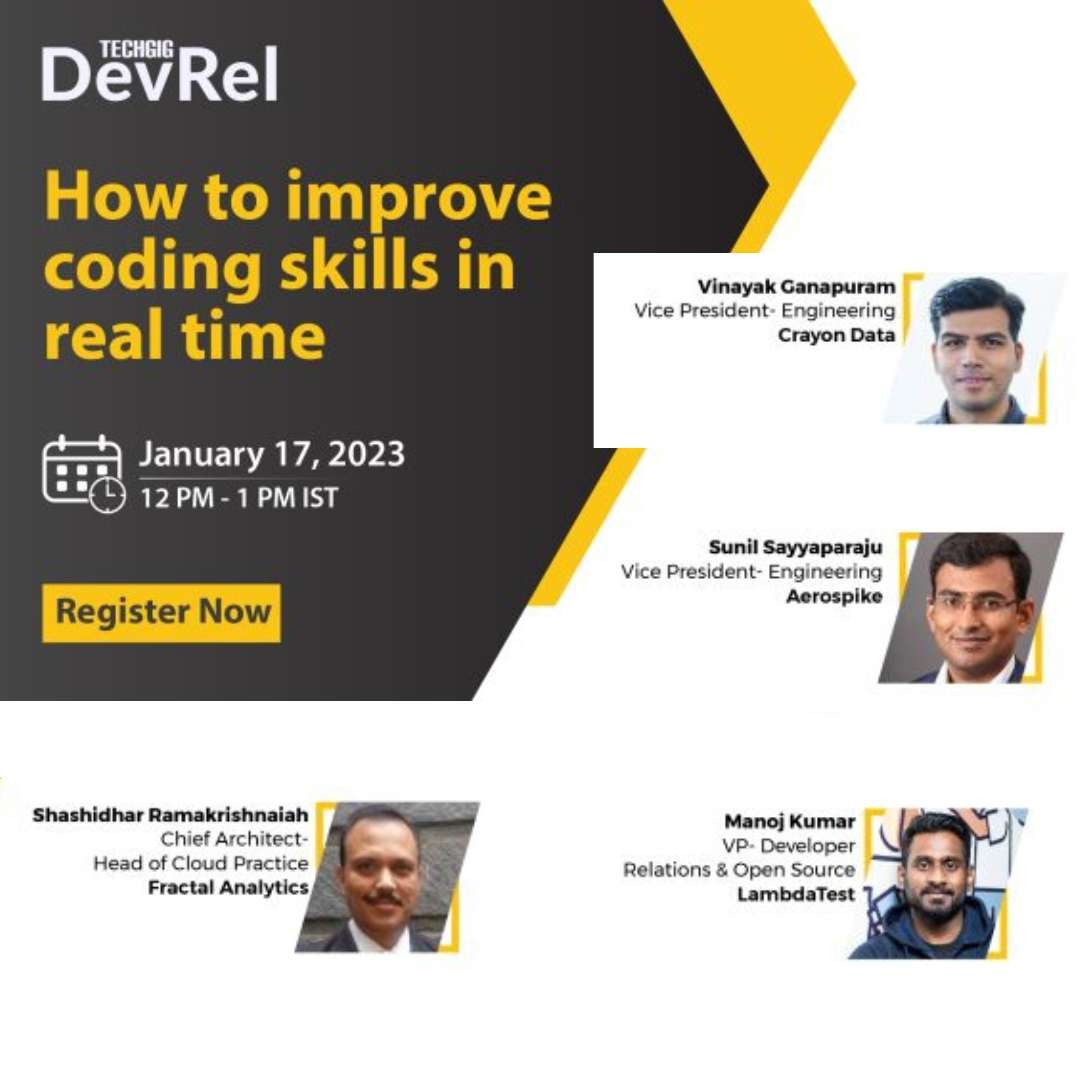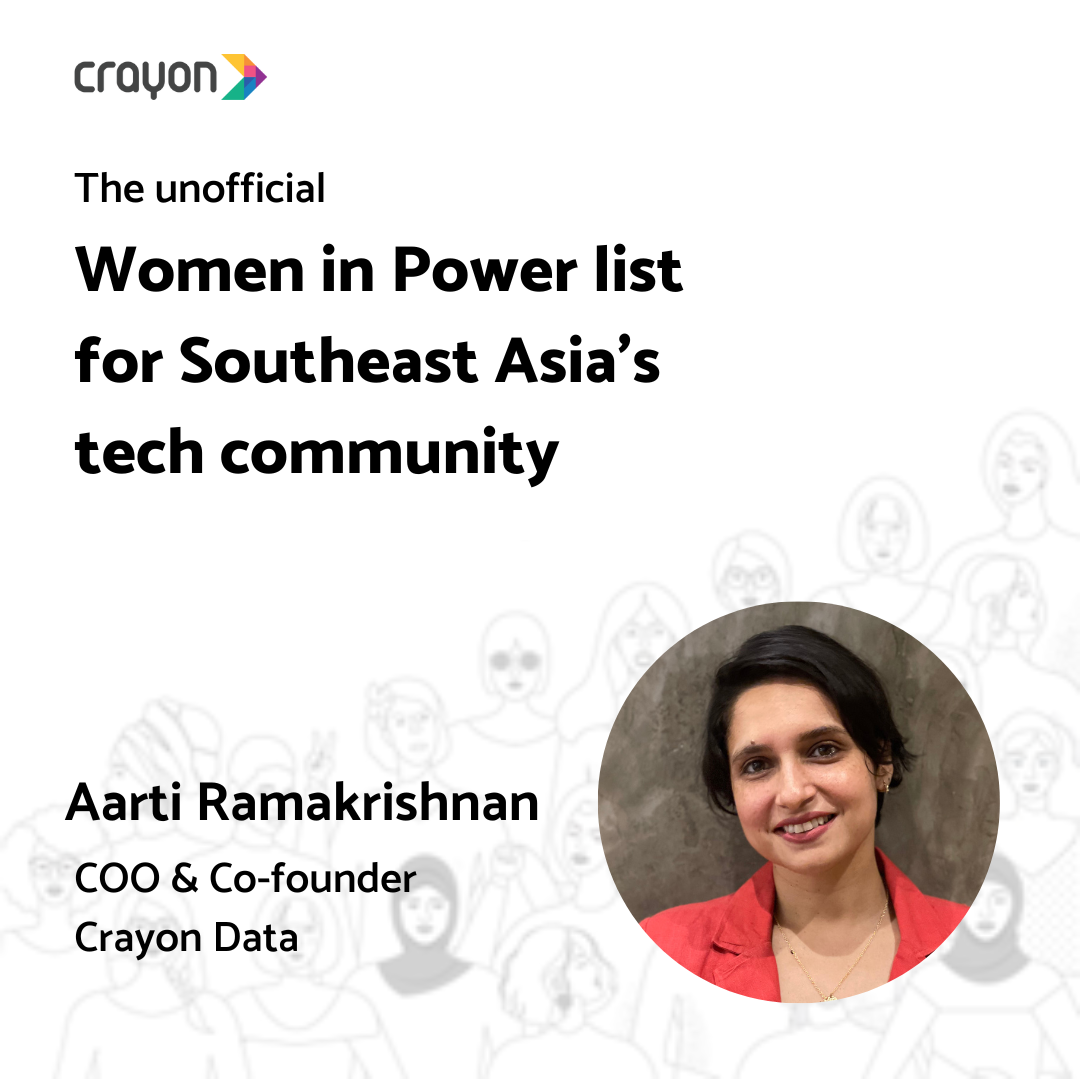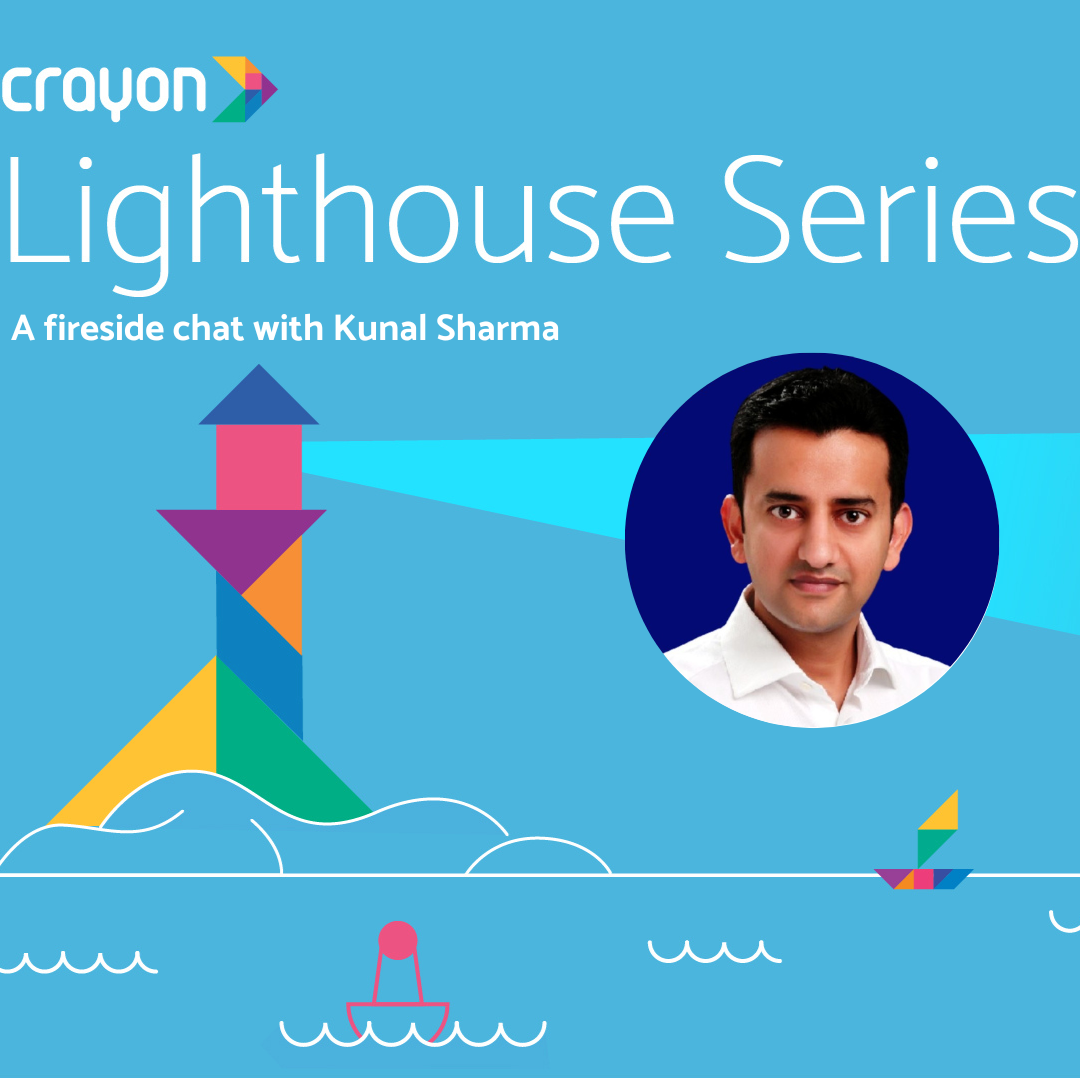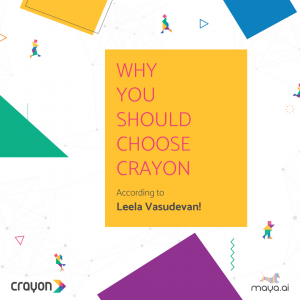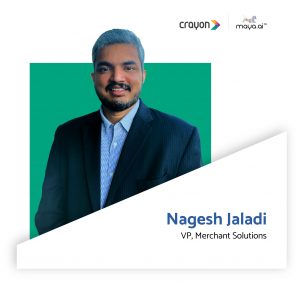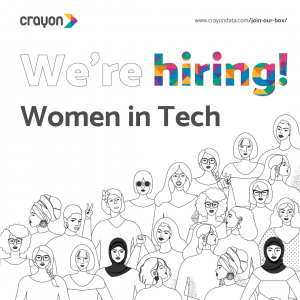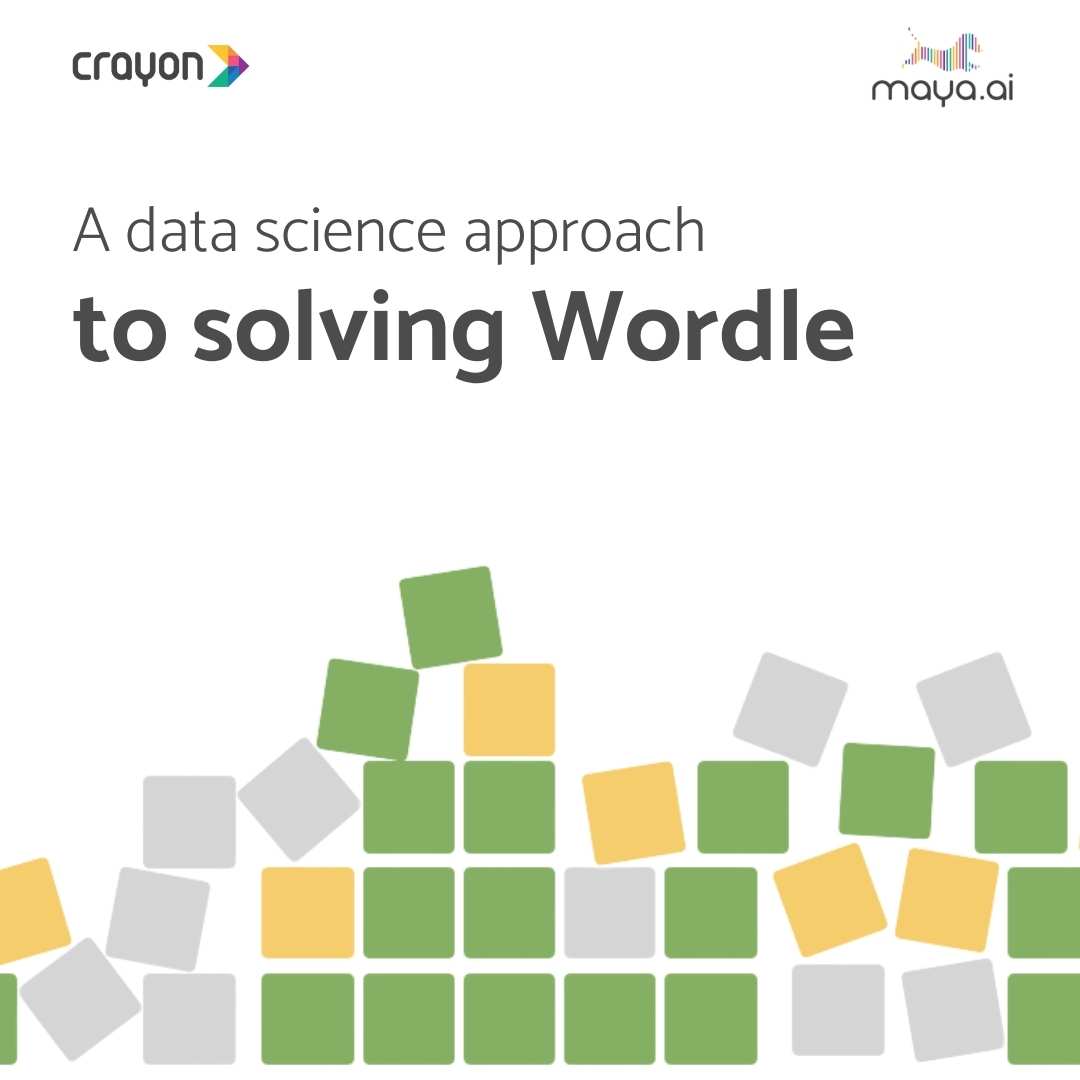
“Where do you want to be five years down the line in your career?”
It’s a question we’re often asked as part of our career progression chats and interviews. However, Vijay Rajagopal does not see the merit in this query. According to him, “There’s a misconception that a career path should be structured. But I think it’s important to dispel the myth that everything has to fall in place, in order, at a set time.”
The Head of Sales & Business Development, Amazon Pay (Offline), Vijay recently joined the Crayon team for a Lighthouse Fireside Chat. As part of this interactive session, he spoke about finding one’s passion. There was surely plenty to learn from his journey across being a start-up founder, venture capital investor, and business leader.
Vijay comes with over 16 years of leadership experience in financial services/fintech including payments, cards, neo banking, and credit. He’s also an expert in strategy, business development, enterprise sales, partnerships, operations, and finance. He’s currently building India’s largest digital payments ecosystem at Amazon Pay, for both customers and merchants.
Along with his take on how to build a career, Vijay also shared his experiences from working in the fintech world. Here are five key takeaways.
Career
1. The secret ingredient to a perfect career?
A career path is not linear. People put themselves under pressure to have their job history look a certain way. They compare themselves to peers, worry if they made the right choice. It’s unnecessary angst, feels Vijay.
“To me, the secret ingredient is: are you finding joy in what you’re doing? If you keep that as a clear criterion, that will dictate your choice, your actions, your growth, and ultimately, your purpose,” he said. He suggested asking oneself: Am I able to express myself? Am I able to find the best outlet for my skills and capabilities? The key to this metric is to keep a check on how much joy your work brings you on a regular basis.
2. Give yourself the liberty to experiment. And fail.
This brought to mind one of Crayon’s tenets of ‘freedom to fail’. Applied in the context of one’s career, it makes perfect sense. “We feel that whatever we do should work out. We don’t allow ourselves the space to experiment, and possibly not succeed in those experiments. But remember, you miss 100% of the shots you don’t take. Your success rate stays at zero because you didn’t allow yourself to try,” said Vijay.
Staying on the safe path just won’t cut it, he added. “You don’t expect a child learning to walk to go 100 m on their first try. Instead, you encourage them, support them as they fall and get back up and keep walking. Do the same for yourself in your career,” he said.
3. Trust your instincts. Not anyone else’s.
Parents, partner, spouse, friends, mentors, colleagues, everyone and their neighbor’s puppy… Stop looking for validation from multiple sources! Each person has their own opinion based on their experiences. But these might not hold true for you.
Vijay elaborated, “Across the world, for ages, the people who have truly made a difference are the ones who did not follow the crowd. They had the courage to operate differently. Give yourself the space to try things that others might not recommend!” He believes that life is all about experiences, and all of them are good. They either give you what you want or sharpen your focus and show you what you do want.
Product
4. Keep the customer at the core of product discussions.
Vijay is a mentor and holds advisory roles with organizations such as ISB, IIM Kozhikode and Ahmedabad, and at fintechs like Mool and Plutus. One common conversation he has with all of them starts with a simple piece of advice: place the customer first.
“A lot of ventures start by saying they have a great product; now, how do they sell it? But I believe that it is important to be customer backward. It’s like peeling the layers of an onion. Keep going till you get to the crux of it,” said Vijay. The product should focus on either
- A problem to solve
- A value add in terms of bringing them more revenue, customers, repeat orders, or
- Reduce blockers for growth
He urges start-up founders to go back to these basics because the answer lies there.
5. Plan for the future based on what you know about your customer.
At an AWS discussion back in 2012, Amazon founder Jeff Bezos, said, “I very frequently get the question: ‘What’s going to change in the next 10 years?’ I almost never get the question: ‘What’s not going to change in the next 10 years?’ And I submit to you that that second question is actually the more important of the two — because you can build a business strategy around the things that are stable in time… When you have something that you know is true, even over the long term, you can afford to put a lot of energy into it.”
This is true for any product, said Vijay, adding, “Keep in mind that customers will keep raising the bar. That’s not going to change.” When it comes to legacy systems in banks, for instance, they have 10 products and want to push all of them. However, they might find more success in studying and knowing each customer, and what might work for them at various life stages.
Vijay went on to give an in-depth insight on how fintechs have evolved. They no longer see banks as competitors, but as collaborators. Together, they see the potential to give customers the best of both worlds.
More from our Crayon Lighthouse series here.
